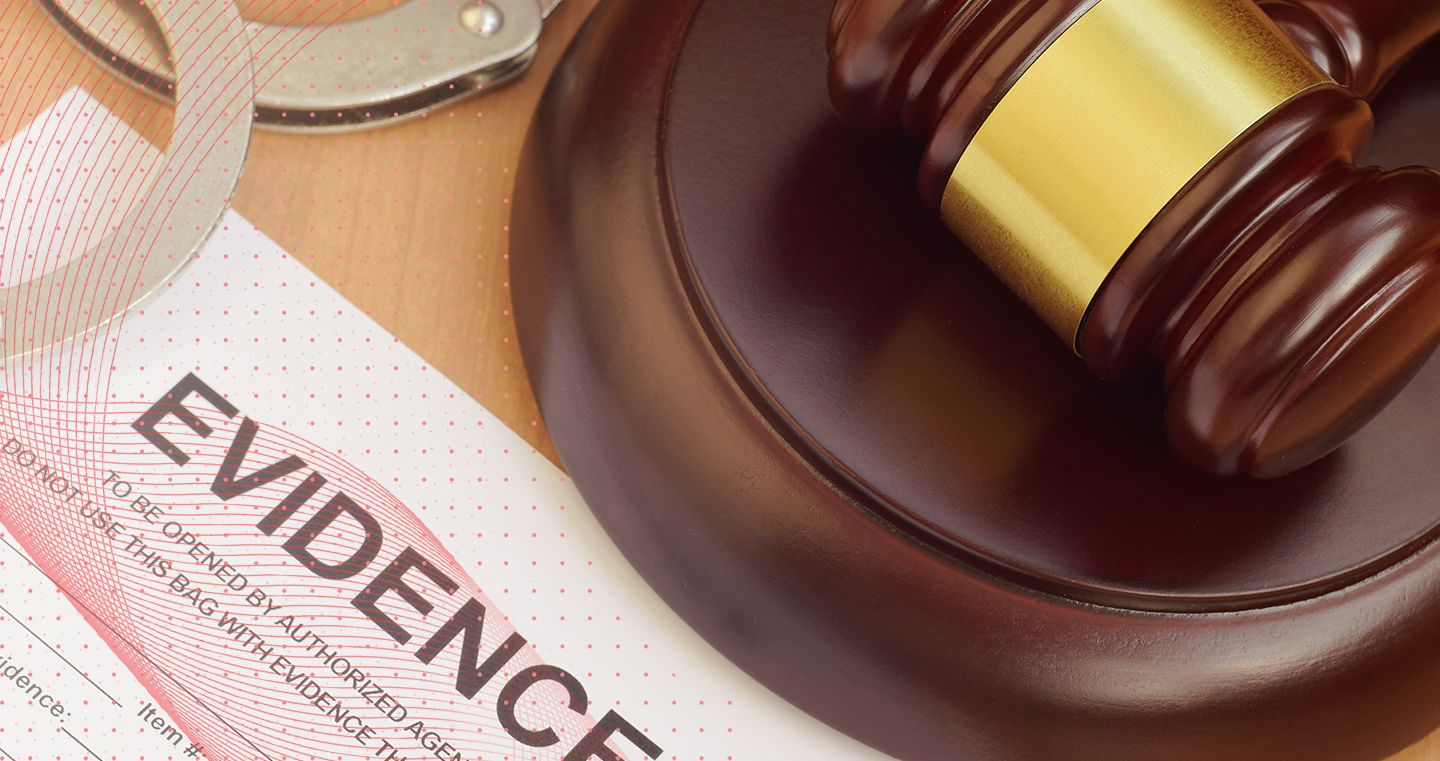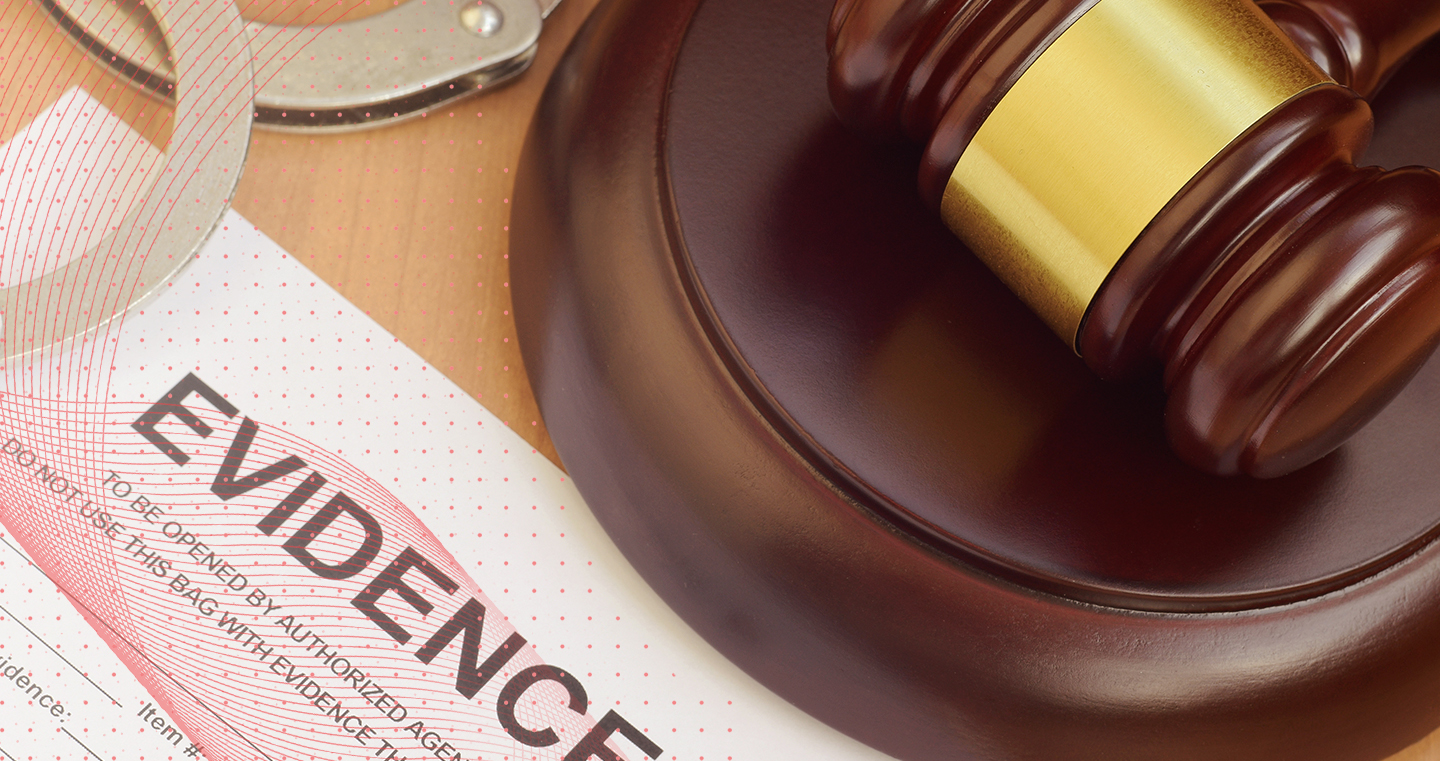Introduction
Oral testimony of witnesses has long been admissible as a form of evidence in courts of Maldives. The Evidence Act 2022 (EA) contain extensive rules governing oral evidence, some of which are already in practice and others which are new. The rules also contain clarification on the position of law on points which were previously in contention.
Admissibility
Oral evidence can be adduced to prove factual assertions. Factual assertions concerning contents of a document would be considered submissions and therefore inadmissible as oral evidence.
Admissible oral evidence is unimpeached honest evidence relating to events witnessed firsthand. Therefore, if a witness is submitted to prove something they saw, heard or perceived, the witness’ evidence should directly relate to the firsthand event which they saw, heard or perceived and this event should directly link to the factual submission being made.
In contrast to many other jurisdictions, opinion evidence of a factual witness remains admissible subject to the evidence containing an articulated reasoning or basis for the witness to formulate such opinion.
Competence of witnesses
It shall be deemed that a witness is competent to testify if the following conditions are fulfilled:
i. 15 years old and above
If there are no other parties who can give sufficient evidence with regard to a specific fact, testimony from a child below the age of 15 can be admitted as long as the requirements stipulated in the EA are complied. However, such evidence will not be considered as primary evidence.
ii. Mentally sound
iii. Credible
Unless otherwise determined by court, everyone will be assumed to be credible to testify. However, if a witness’ honesty and integrity is questionable, then such witness will be deemed to have lost the credibility to testify. Such witnesses are those persons convicted of any one of the following crimes and who are presently serving a sentence as regard to the crime:
- giving false testimony;
- theft, fraud, criminal breach of trust and robbery;
- deception and fraud;
- corruption;
- Qazf (a crime in Islamic Shari’ah); and/or
- other crimes which involve a fraud or deception as an element.
With the exception of Qazf, in situations where there is no other party to provide sufficient evidence with regard to a specific fact, testimony from a witness who is not credible to testify can be admitted as evidence as long as the requirements stipulated in the EA are complied. This will not be considered as primary evidence.
iv. Testify through free will
The general rule is that all testimony shall be given at the witness’ free will. However, if a court considers evidence absolutely crucial to a matter, it may order a witness to testify. Such orders ought not be used where:
- there is sufficient evidence;
- there are other witnesses who can provide sufficient evidence;
- a judge has to testify in a case that they are presiding over;
- the witness has diplomatic immunity or immunity under a law.
In addition, where Shari’ah necessitates a witness being a Muslim, evidence of a non-Muslim on such points will be inadmissible.
Examination of witnesses – preliminary steps
In a change to what was the previous position, parties have to file their witness list along with the claim form or first response to the claim. This means that parties have to work carefully with counsel to consider relevant evidence lists at the point of inception of a claim or defence. The general position is that where a party seeks to adduce evidence after the initial claim or first response, such evidence requires the leave of court and will only be granted in exceptional circumstances where the point in contention arose after the claim or first response, and now goes to the root of the case between the parties.
Courts can issue directions on the following:
- the way in which witnesses are to be questioned;
- the production of physical/documentary evidence whilst examining witnesses;
- the order in which parties will question the witnesses;
- the way in which the parties will get opportunities in questioning witnesses; and
- conduct required when examining witnesses.
Stages of witness examination
1. Examination-in-chief
- In examining (or even re-examining) a witness, a leading question cannot be put forth towards them unless:
» if the witness is a hostile witness and if the court grants leave;
» question is related to a matter introductory to the witness evidence;
» no objection is made to the question and each party is represented by lawyers;
» question is related to an issue that is not in dispute; or
» question is related to the witness education, training, experience, or specialised knowledge and is being asked for the purpose of acquiring the witness opinion on facts that are related to the case. - With leave of court, a party can examine their own hostile witness as if they were cross-examining them when:
» evidence given by the witness is unfavourable to the party who called them;
» on a matter that the witness may reasonably have knowledge about, witness is hesitating to provide evidence or not making a genuine attempt to do so; or
» witness has given inconsistent statements.
Such cross-examination shall be conducted before the other party cross-examine the witness.
2. Cross-examination
- Witnesses can only be cross-examined about the testimony they provided during the examination stage.
- In this stage, a court can disallow a question put to a witness or inform the witness that it need not to be answered if the question is: -
» misleading or untruthful;
» is annoying, harassing, offensive or belittling to the witness; or
» repetitive.
In deciding, courts will consider characteristics of the witness such as age, any mental, physical or intellectual disability and the extent to which the witness is cooperating. - In cross-examining a witness, a leading question can be asked unless the court disallows it by taking into account the following:
» evidence given by witness in examination in chief is unfavorable to the party who called them;
» witness has an interest consistent with interest of cross-examiner;
» witness is sympathetic about the cross-examining party; and
» witness’s age, or any mental, intellectual, or physical disabilities which may affect the witness’s answers. - If the witness being cross-examined has made a prior inconsistent statement that has been recorded by way of documentation or any other form, or if someone else has made a contradictory statement about the same fact that the witness is giving testimony on, it can be brought to the court’s attention immediately.
3. Re-examination
- Witnesses can only be re-examined about the evidence that they gave during the cross-examination stage.
General rules
If a witness has a physical disability because of which he cannot communicate efficiently, court can allow the use of an appropriate device that would bring clarity. If a witness has a mental disability but is still compellable to testify, any means which would assist in bringing clarity to his/her testimony may be employed. A witness cannot use a document to revive their memory while giving evidence unless given leave by court. The court will grant leave by considering:
- whether the witness will be able to recall the fact/opinion sufficiently without using the document;
- whether the document:
» was made by witness when the events recorded were fresh in their memory; or
» was accepted by witness to be true.
As a general rule, witnesses will attend court to testify if a plaintiff or defendant has named such person as his witness and once the court summons the witness. However, if a person who is present at a hearing is compellable to testify, the court can order them to do so even if no subpoena has been served to said person.
If a party questions the credibility of a witness, the court will assess:
- whether the justification behind it is true;
- whether the action committed by the witness affects their credibility negatively, and if so:
» time it was committed, time of the fact the evidence is based on and time between these two;
» category of the action and the extent to which it is relevant to the case; and
» if they have repeated the action, the number of repetitions; - whether there has been anything submitted to court in favor of the witness good character.
Other types of evidence
Expert evidence: Instead of oral testimony of an expert, public documents containing expert evidence can be submitted in the following circumstances:
- writer has passed away;
- writer’s whereabouts cannot be traced;
- writer is unable to testify;
- summoning the writer to court will take a longer time than adequate; and
- summoning the writer to court will be costly.
Physical evidence: If oral testimony makes reference to the existence or status of a physical object, the court may order the production of such physical evidence.
Documentary evidence: If there is documentary evidence related to a fact of a case, it can be submitted as documentary evidence at the stage of submitting oral evidence.




